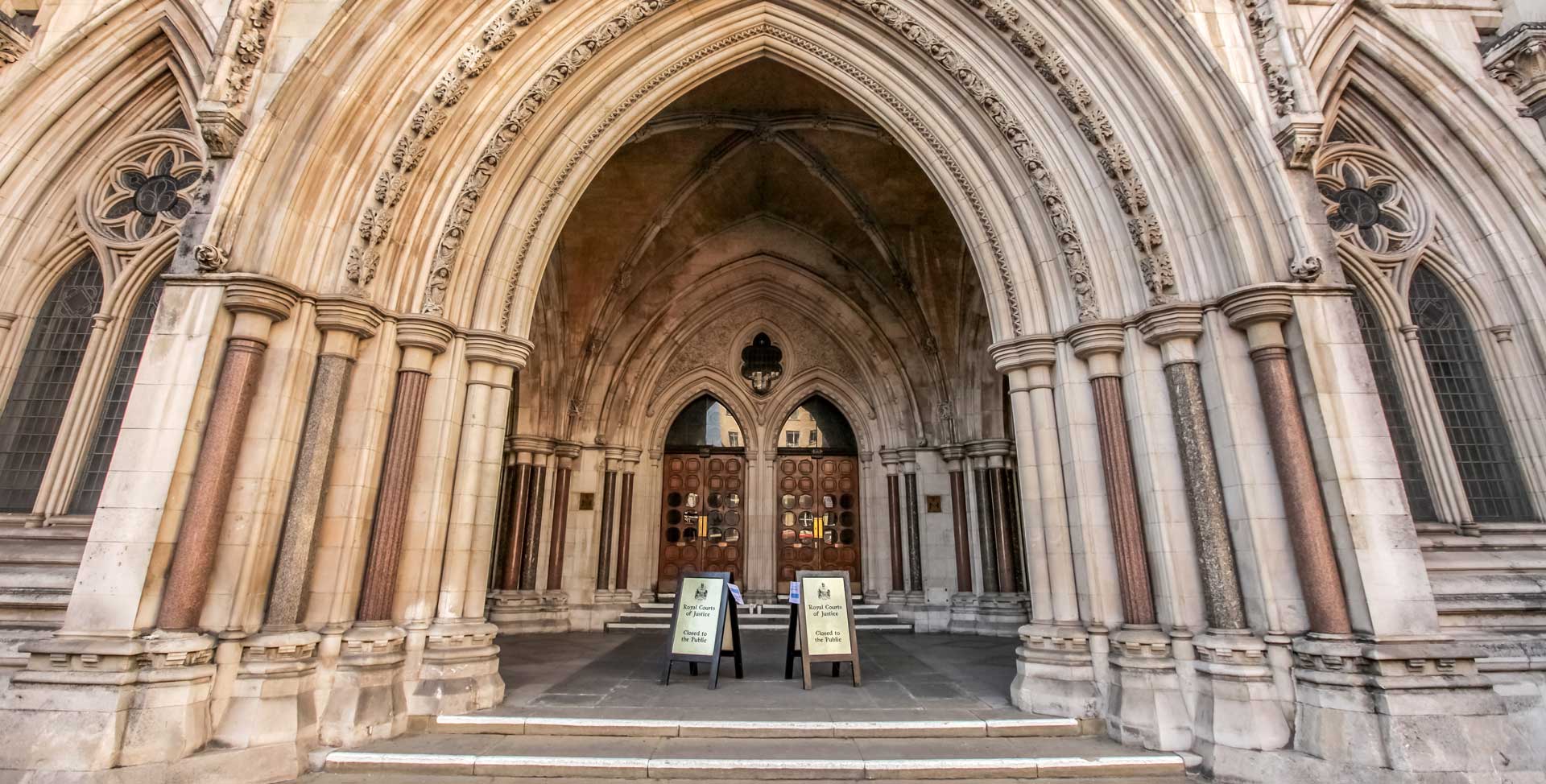SMA Solicitors are pleased to share that permission to appeal to the Court of Appeal has been granted by Lord Justice Males in an important deportation case. We had represented our client Mr X (not his real initial) in the First-Tier Tribunal, Upper Tribunal and now in the Court of Appeal with Mr Jay Gajjar, Counsel at Imperium Chambers, throughout. The key issue in this case is the impact that “work in the community” can have to the public interest in deporting a foreign criminal under section 117C of the Nationality, Immigration and Asylum Act 2002. It was argued by Mr Gajjar that Mr X’s work in speaking at various youth events discouraging young people from engaging in a life of crime was a feature in this case that diluted the public interest in deportation him. Whilst the Upper Tribunal did not agree with this submission, we appealed to the Court of Appeal and permission to appeal has been granted. We will update this page once the Court has heard the full appeal in November 2020.
How can you become an immigration lawyer?
Who might be interested in immigration law? Is working on human rights issues something that excites you? Do you enjoy exchanging ideas with individuals from other nations and cultures? Is criminal law, constitutional law, civil rights law, family law, education law,...



